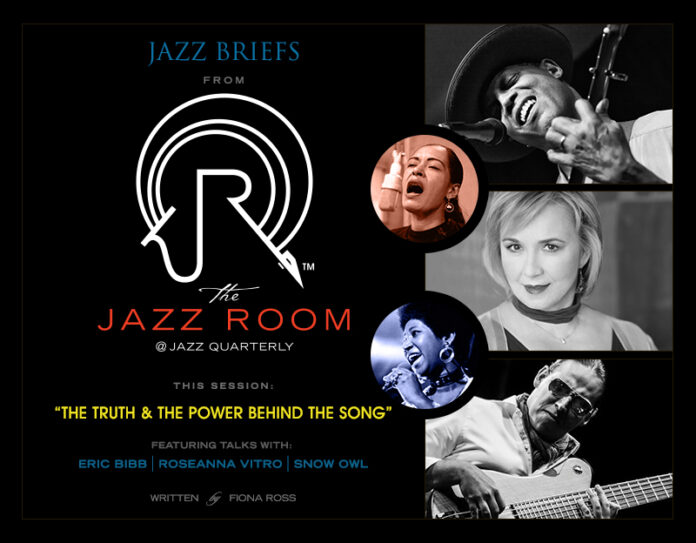
By Fiona Ross
With the recent passing of the mighty Aretha Franklin, never has there been a more poignant time to reflect on the power of music and the impact it has on us all. We all know the intense power music can have. We listen, and we hear. I listen to ‘Respect’ and within seconds, I feel strong, independent and able to fight for everything I believe in – and that I am not alone.
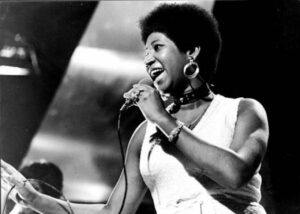
As a teenager, at a time when nothing made sense to me, when I was trying to work out what life was all about and what I was supposed to be, Aretha showed me the way. Music was the only thing that made sense to me – and to be honest, it still is in many ways. Yes, at a basic level, music can make us feel happy and sad, but it is so much deeper than that. I listen to Billie Holiday’s ‘Strange Fruit’ and I feel silent, unable to truly comprehend the horrors of her words, unable to understand how and why this could happen and why anyone should ever live in a world like that.
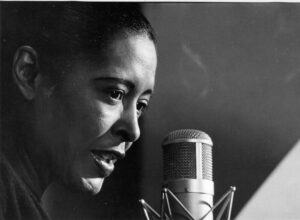
Music communicates a message, makes us feel - it is the place we can be emotional without fear of consequences.
At a time when the world seems to be in turmoil, more and more people are standing up and taking action – and music has and always has had a huge role to play. There are many wonderful articles exploring protest songs and music that connects us to a time, place or feeling. I wanted to explore the relevance in today’s world and had the pleasure and honor to discuss this with three Grammy nominated artists who are using their art to empower, inspire and raise awareness of issues around the world and our social responsibility within that world. They are an inspiration. Jazz vocalist/educator Roseanna Vitro, Blues artist Eric Bibb and world-renowned bassist, Snow Owl (Juan Garcia-Herreros).
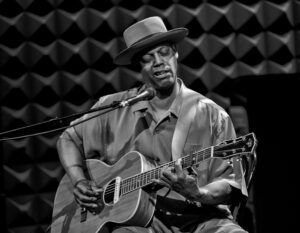
We discussed the role of today’s artists in raising awareness of social responsibility and Eric explained: ‘Music best serves us at this time as a force of feeling. I think music should be a unifying vibration, something that naturally propels us to each other with a feeling of connectedness. Music has that power’
Roseanna added: ‘In New York City where I hang out, the musicians and singers are family. Many of us feel responsible to make art and speak up. There are artists who do not participate but my friends remember Vietnam, Hitler and a world that didn't respect human rights and specifically women's rights. There's plenty to write about. I feel as artists we can and do make a difference. We need love and truth in large quantities.’
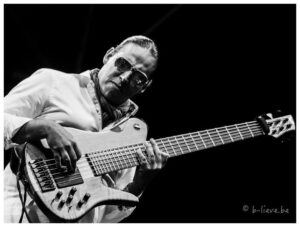
Snow Owl discussed some of his concerns: ‘One current personal struggle and one that I think we all need to talk about is that I think we are collectively going through a mind freedom movement, where we are bombarded with technology – social media, print media etc. – to a point where we shouldn’t think anymore – everybody is thinking for you. The collective mind would be free to feel empathy if we were not drowned by so much useless information. Music has an extremely important role in this because music is, in a way, it is what turns off the noise. If you are listening to a song, you’re enjoying the lyrics and if it has an amazing message - the power of music here, is that for five minutes, you have turned off all those distractions and you bring the person to feel something instead of to be told what to act or feel.’
My own awareness of social issues and my role within this, came quite late in my life. I was brought into a world where I was told to fit into certain boxes, be a certain size, look a certain way and that you really are never fully dressed without a smile, whatever pain you are feeling. I always had questions. Why did Aretha need to fight for Respect? Why did Nina Simone feel she didn’t belong here or there? Why is Mingus writing about segregation in schools? My teachers did not answer these questions, nor encourage me to explore these issues. But music did. We all discover the reality of the world we are part of in different ways and experiences and it affects us in many ways.
Snow Owl: "When you walk in another person shoes, you understand what they are going through. If I had not known what it was like to sleep on the street – and I went through that when I was sleeping on the street with just my bass - that changes you and you never look at those people sleeping on the street the same way again. Whatever personal struggle you go through, one day you are going to need that, to identify to help somebody."
Having grown up with the musician and activist Leon Bibb as his father, who marched at Selma with Dr Martin Luther King, and Paul Robeson as a Godfather, Eric’s awareness of social responsibility and the role music can play in this, was discovered at a much earlier age than many of us.
‘My experience, was perhaps, not the norm, to be so immersed in those questions and issues at such a young age, it’s different for people who have grown up in maybe a more carefree environment and able to basically stay a child much longer. Young people now have information at the touch of a finger and I think the gap is closing - there is no excuse anymore for being silent on issues that basically affect the evolution of humanity. It’s a good time.’
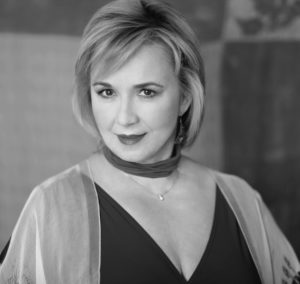
Roseanna explained: ‘I feel music inspires the populous for change. "For What It's Worth" for example. My generation felt that message, marched to the song. Music unites us, it's the universal language. The lyrics, "Paranoia strikes deep, into your life it will creep. It starts when you're always afraid, the man comes to take you away." Sonically music can change your mood with the colors written into the harmony, dissonance and beauty. Listen to Richie Haven's "Freedom." Bob Dylan and Pete Seeger, Peter, Paul and Mary, these are only a handful of brave truth sayers’
There are many tracks that have been used to convey a social message and empower and we talked about songs that had personal significance and a powerful impact and that help to shape us not only as artists, but as human beings. Eric talked about Sam Cooke’s ‘A Change is Gonna Come’ and how for him, as an African American it ‘put me in touch with the huge well of sorrow and the huge faith that has carried African American people through centuries of toil and hardship. That song somehow captured it all ‘. Snow Owl discussed Peter Gabriel’s ‘Signal to Noise’ ‘I heard this at the right moment, before all this technology got so out of control. So, this warning that he gave us helped me to be free and that is one perfect example. If I go even deeper, I never understood what the people were going through in the civil rights movement emotionally, because I was not an African American and I did not feel that level of racism – I wasn’t living that. But thanks to the recording ‘Free for All’ by Art Blakey and the Jazz Messengers - when you hear that screaming pain that is going through the drums and into the saxophone… wanting to live freely and they were able to communicate that instrumentally. Those are impacting moments when music changed my life’
Jazz has a long tradition of being a genre that speaks the truth and we discussed how Jazz, as a genre, has story telling at its heart.
Roseanna: "Jazz means many things. Jazz grew out of the fields of slaves in New Orleans. Wails of injustice and sadness and dreams of equality were at its very core. From Oscar Brown, Jr.'s plea for the black man to Bessie Smith's baudy cries of a woman's woes. Gospel prayer songs blended with blues and those who created the music told their stories. Jazz is complex or simple. It depends on the message the artist feels like telling. Artists feel deeply and are at their best when they are channeling their energy into a cause. It's not always political but in the world today, there's plenty to write about. We want to right the wrongs of the world and do it all with a groove, a story and hip chord changes."
Snow Owl: "Right now, in a way, Jazz is terrifying to a person who has had no experience of the tradition of Jazz because it is demanding so much of them as a listener. This is where the power of song, the power of text is what is going to guide them. But I think for right now, Jazz music without lyrics is not very helpful in delivering this kind of awareness. But what it can deliver is the urban sound of a particular time - but song and lyric is the clearest way to go. In spirit of what we are talking about, my next album, every track has lyrics, which I have never done before. It’s a stand up for your beliefs album."
Eric: "I think good music is good music, whatever the so-called genre. But I do believe there is a history, a tradition of this music from Africa, American culture - Jazz and Blues has from very early on, made a global circuit its home. Way back in the twenties and thirties, Jazz musicians were followed by some Blues musicians – LeadBelly, Big Bill Broonzy – so I think that particular type of music, has had a special role in uniting the world. I’ve seen it very clearly with my own eyes as I’ve travelled – and I’m a grateful to be included in that."
These artists are so clear, so focused, passionate. The messages they communicate through their artistry is vibrant, honest and inspiring. More and more artists I speak to are using their music to raise awareness, to shout out to the world and not just through a ‘protest song’ but through the power and subtleties of their very being. The truth behind a song is more powerful than we know, and it is possibly the greatest tool we have, to change the world.
Written by Fiona Ross

